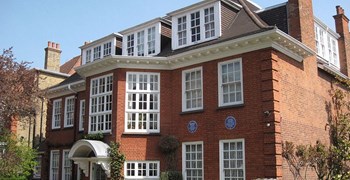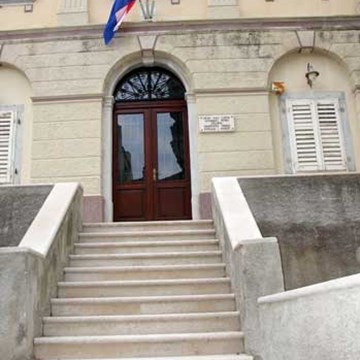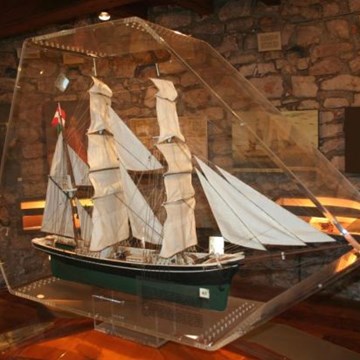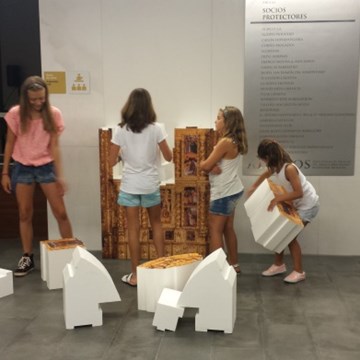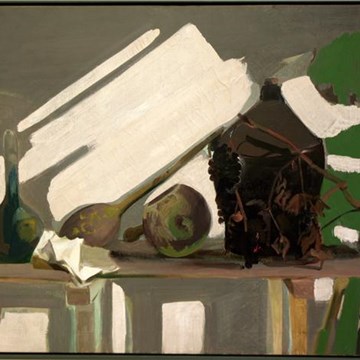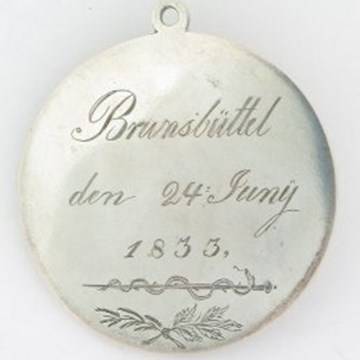Lacan, Deleuze and the Baroque
Deleuze and Lacan paid considerable attention to the baroque. Deleuze centres his 1988 book 'The Fold' on this topic. Lacan dedicates to it some intense passages of a crucial lesson of his 1972-73 Seminar 'Encore'. In this one-day intensive course we will compare and contrast their stances on what they deem to be an exceptional form of art and thought.
We will begin by showing how Lacan and Deleuze equally single out the baroque as an aesthetics that profoundly rethinks the notion of the subject as non-substantial. In Lacan’s words, the baroque evidences that the subject is not ‘a punctiform being that gets his bearings at the geometral point from which the perspective is grasped’. In turn, these considerations lead both authors to understand the baroque object as a ‘non essential object’ (Deleuze) that is strictly connected with a meaningless event, or atopia, and what they call anamorphosis.
Secondly, we will consider Deleuze’s and Lacan’s analogous assessments of the historical and epistemological context from which the baroque originates. For Deleuze, the latter witnesses to an incipient ‘collapse of the world’ as supposedly supported by Reason, and to a ‘transition’ exemplified paradigmatically by Leibniz’s theodicy. For Lacan, the baroque should be seen as a contradictory attempt to cope with the fact that, by the sixteenth century, ‘the world is in a state of decomposition’ due to the crisis of classical episteme and Christianity.
Thirdly, we will dwell on how both authors elaborate their own philosophical and psychoanalytical projects as explicitly neo-baroque endeavours to radicalise the baroque and overcome its impasses. We will here take into account Deleuze’s metaphysics of chaos, which turns Leibniz against himself, and Lacan’s notion of enjoyment as always lacking, which takes the message of Christianity about earthly abjection one step further and subverts it.
Finally, we will discuss how Deleuze’s and Lacan’s surprisingly similar treatment of the baroque and its legacy enables us to pinpoint the general ontological disagreement on which this specific convergence rests. While for Deleuze the process of folding highlighted by the baroque ultimately points in the direction of a pre-subjective cosmogenetic factor, or ‘Fold’, for Lacan it can only be related to the structure of the subject as linguistically split.
Suitable for
Not suitable for children
Admission
£45 - £65
Website
https://www.freud.org.uk/event/lacan-deleuze-and-the-baroque/
Source: https://www.culture24.org.uk/se000274?id=EVENT593054
Exhibitions and events from this museum
We don't have anything to show you here.
Activities from this museum
We don't have anything to show you here.
